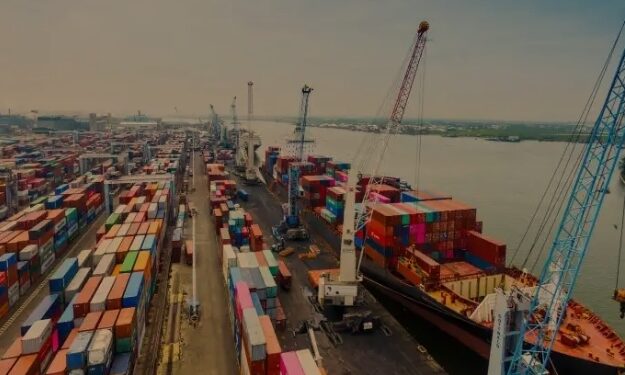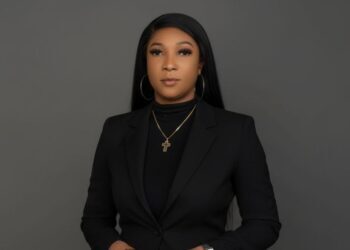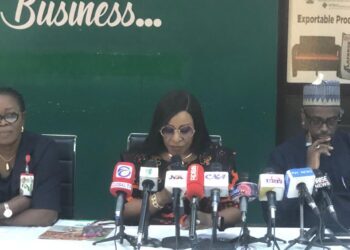In an ambitious move, the Nigeria Ports Authority (NPA) is set to embark on a significant revitalization of nearly all of Nigeria’s ports, with a whopping $1.1 billion budget.
This colossal transformation is poised to kick off in the first quarter of 2024, as announced by the Managing Director of NPA, Mohammed Bello-Koko.
Bello-Koko disclosed this exciting development during a panel session at the 43rd annual council meeting of the Port Management Association of West and Central Africa (PMAWCA) in Lagos.
According to him, this overhaul is crucial as the majority of Nigeria’s ports require substantial rehabilitation, starting with the renowned Tincan Island and Apapa Ports in Lagos.
The primary objective of this extensive undertaking is to enhance the physical infrastructure of these ports, making them capable of accommodating vessels of all sizes.
This initiative is set to position Nigerian ports as highly competitive on a global scale.
In addition to the renovation, the NPA is strengthening its collaborations with the private sector to establish new seaports.
Notably, the Lekki deep seaport has already begun its operations, while the Badagry deep seaport recently inked an agreement with a Middle Eastern party, with construction slated to commence early next year.
These endeavors highlight the NPA’s determination to create a seamless multimodal transportation system connecting all ports.
Addressing the challenges of cargo evacuation by road, Bello-Koko emphasized that the agency is actively exploring alternative initiatives such as barges and expanding rail infrastructure.
The groundwork for deploying cargo rail and tracks to Onne port is complete, paving the way for the project’s initiation in the coming year.
The NPA has embraced automation in its collection system and is collaborating with the International Maritime Organization (IMO) to introduce a cutting-edge port community system, promising to optimize cargo clearance processes.
Furthermore, efforts are underway to clarify the responsibilities of government agencies within the ports, reducing overlaps and eliminating duplication of duties.
Acknowledging the security challenges on waterways, Bello-Koko outlined plans for the deep blue sea project, equipped with air and sea assets.
This strategic move will enhance security in the Gulf of Guinea, significantly reducing piracy incidents within Nigerian waters.
The NPA is working closely with the Nigerian Customs Service (NCS) to reduce bottlenecks and streamline the cost of doing business within the ports.
Additionally, the development of a 25-year port master plan is underway, which will guide the location, sizes, and activities of ports, terminals, and jetties in Nigeria.
This master plan will serve as a national working document, uniting all stakeholders towards marine and logistics development.
Martin Boguikouma, the president of PMAWCA, urged African countries to address challenges facing the region to prepare for the surge in traffic due to the African Continental Free Trade Agreement (AfCFTA).
He stressed the importance of efficient transport infrastructure and maritime safety through enhanced interstate cooperation.










